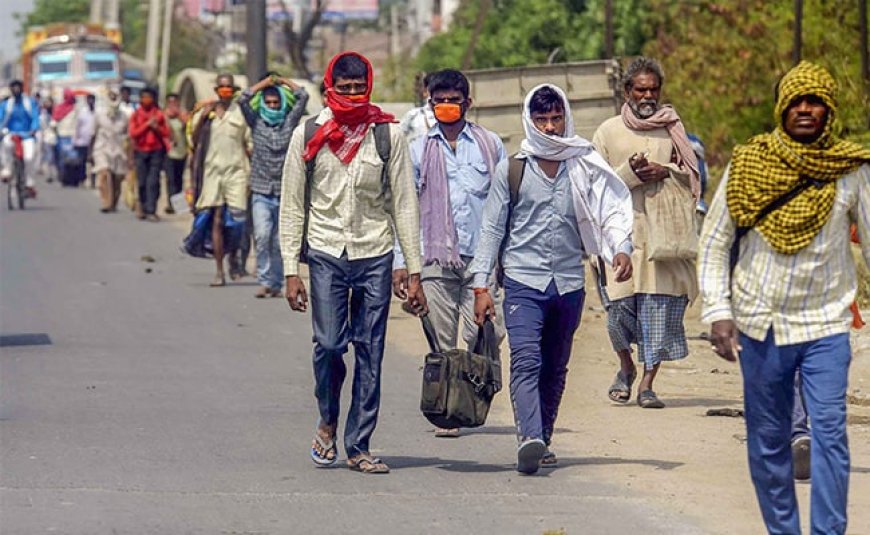Opinion: Why India's 'BIMARU' States Have Remained So
Bihar and Uttar Pradesh report the lowest rural MPCE at ₹3,788 and ₹3,578, and urban MPCE at ₹5,165 and ₹5,474. Madhya Pradesh and Odisha show slightly better figures but still fall below the national average.

Opinion: Why India's 'BIMARU' States Have Remained So
News by dharmyuddh.com
Introduction to BIMARU States
The term 'BIMARU' refers to the states of Bihar, Madhya Pradesh, Rajasthan, and Uttar Pradesh in India, which historically have lagged behind in terms of economic development and social progress. Understanding why these states remain underdeveloped is crucial for policymakers and stakeholders aiming to drive inclusive growth in India.
Historical Context of BIMARU States
The roots of the challenges faced by BIMARU states can be traced back to various historical, social, and political factors. Colonial policies, which focused on resource extraction rather than development, left a legacy of poverty and backwardness. Post-independence, these states continued to suffer from political instability and poor governance, which hindered their development.
Economic Challenges
One of the primary reasons for the ongoing struggles of BIMARU states is their economy. With a high unemployment rate and dependence on agriculture, which often faces uncertainties such as droughts and floods, the economy remains fragile. Moreover, a lack of industrialization in these regions has stalled job creation and economic diversification.
Social Factors and Education
Social issues, including caste discrimination and gender inequality, further compound the challenges in BIMARU states. Access to quality education remains inadequate, leading to low literacy rates. This lack of education perpetuates the cycle of poverty and limits opportunities for advancement.
Political Dynamics and Governance Issues
The political landscape in these states often lacks accountability and transparency. Corruption and mismanagement have resulted in inefficient allocation of resources and public welfare schemes. Without effective governance, the benefits of development do not reach the people who need them the most.
Way Forward: Policy Recommendations
Addressing the issues facing BIMARU states requires a comprehensive approach. Increased investment in education and skill development is essential to empower the youth. Furthermore, promoting industrialization and improving infrastructure can create sustainable economic opportunities. Lastly, strengthening governance and ensuring transparency in the political process will foster trust and encourage public participation.
Conclusion
The plight of India's BIMARU states is a multifaceted issue that demands urgent attention. By understanding the underlying causes and implementing targeted strategies, we can pave the way for a brighter future for these regions, ensuring they no longer carry the label of 'BIMARU' but instead become integral contributors to India's growth story.
For more insights and updates, visit dharmyuddh.com
For additional reading, explore the guidelines to empower underdeveloped states and strategies for effective governance reforms in India. Keywords: BIMARU states analysis, India's underdeveloped states issues, history of BIMARU regions, economic challenges in Bihar, political dynamics Rajasthan, education problems in Madhya Pradesh, governance issues in Uttar Pradesh, rural development strategies India, improving infrastructure in BIMARU states, social factors affecting development.







